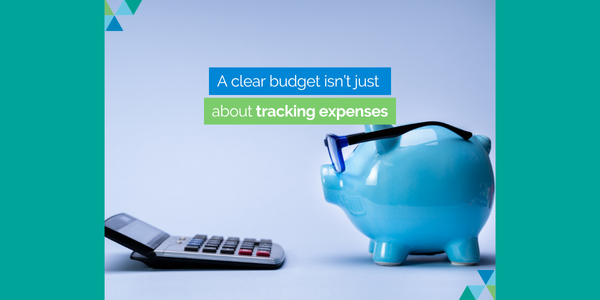Use Your Summer Season’s Taking to Build a War Chest for Winter

Summer is here, hooray.
As a business located on the beautiful Mid North Cost of Australia there's more than a few reasons to get excited about this time of year.
Extended daylight hours allow us to hit the beach or catch up with friends after we finish work. The warmer temperatures add a spring to our step and for a lot of businesses, you will look forward to your peak season trade.
We believe that a peak season of trade also presents opportunities to prepare yourself for a potential lull in trade in the Winter season. Being clever with your peak season profits can ultimately save you a lot of stress and anxiety in the months that you are not so busy.
Here are four of our top tips that will help you best utilise your peak season profits to build your war chest for Winter.
- Understand how much your fixed costs will be through your slow period. It's important to be aware of these costs as regardless of your revenue, these costs generally don't change. Once you know how much you need to account for, break the total figure down into bite size chunks so it's not too overwhelming. As an example, you may identify that you need to save an extra $60k over the summer period to cover your fixed costs comfortably in the of three winter months. Break that down into smaller chunks. $60k will mean putting an extra $10k a month away over the busy six months of Summer. That equates to roughly $2,500k a week.
- Have the discipline to put these funds away. Banks give you the ability to set up automatic transfers and payments. This is a great way to ensure that the desired amount is funnelled away each week or month.
- Another way to ease the pain of a low period is to structure a loan so that you just end up making repayments in busy times. Essentially, you still end up repaying the same amount but you pay more in the 9 months of the year that you have a good level of income and less or nil off the loan when you are experiencing low periods.
- Plan ahead! It's too late to start thinking about getting through a low period when you are already experiencing the pain of less income.
One of the best things we have noticed with our clients who have been proactive and used their busy periods to prepare for the slow periods, is that it provides them with emotional peace of mind.
There's often an underlying sense of anxiety that can be present with business owners, even during high profit periods. It's like knowing what goes up must ultimately come back down.
Of course, these tips apply not just to Summer and Winter seasons, they can be applied to any busy and quiet periods.
For more information about how you can build a war chest for slower sales periods please call Anthony de Jager, Chris Garrett or Doug Cheetham on 02 6566 2200.










